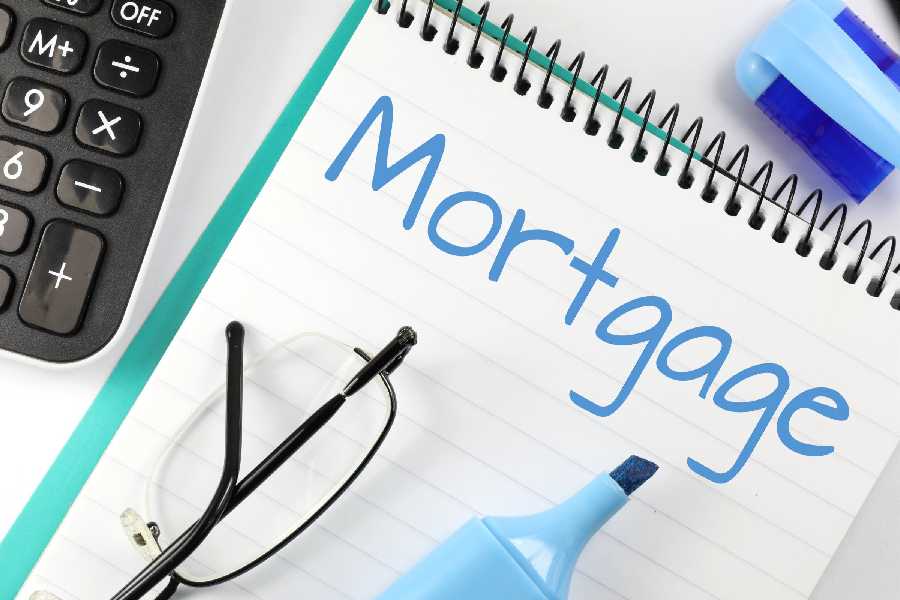Help! I hear you scream! I want to run a property business or get a mortgage but I’ve got bad credit! Well, you will be pleased to know that the answer to can you get a mortgage with bad credit is ‘yes!’ It may just be a little more complex or difficulty to secure.
It is possible to secure a mortgage with poor credit, but you will likely pay higher interest rates and may require a larger down payment. Mortgages for those with bad credit exist, and certain lenders specialise in providing them. These are referred to as sub-prime mortgages, bad credit mortgages, or adverse credit mortgages. It is only advised that you obtain a mortgage if you can make the monthly instalments.
‘Bad credit’ mortgages are like normal/standard mortgages, with the exception that they are likely to have higher interest rates and a smaller borrowing limit. You may also be requested to put down a bigger deposit of at least 20-25 percent of the property’s worth, rather than the standard 5-10 percent. This is because a low credit score can be interpreted by a lender as a significant risk. The higher your credit score, the more likely you are to be approved and receive reduced interest rates.
Lenders will look at your credit history when you apply for a mortgage to see how effectively you manage your finances. They’ll also want to check your earnings, monthly expenses, and savings – how much you make and how much you spend. This is to ensure that you can afford the monthly payments, particularly if circumstances change, such as interest rates rising or your income falling.
It is possible to acquire a mortgage with bad credit, but it is preferable to present yourself in the best light possible. This entails keeping track of your credit score and budgeting wisely.
Things you can do
- Show lenders you’re a responsible borrower by making all your regular payments on schedule and in full, such as utility bills and credit card payments.
- Analyse your spending and try to cut costs where you can while maintaining a regular monthly budget. At the end of each month, aim to have some money left over.
- Try to review your credit report on a regular basis to ensure that it is up to date, and that the information contained within it is correct. If you uncover something that needs to be corrected, contact the relevant lender, and request an adjustment.
- Consider adding a note of correction to your report for lenders to check whether you have a reasonable explanation for past financial issues, such as redundancy or illness.
- Only look for a home you can afford, as there aren’t many mortgages available with loan-to-value ratios of 95-100 percent.
- A guarantor, usually a parent or an older relative, may be required to persuade lenders that monthly payments will be met if you are unable to make them.
- You can check your mortgage eligibility. You can have a look at which lenders are more likely to accept you, whether you’re a first-time buyer, moving, or wanting to re-mortgage.
What lenders like to see
Lenders prefer to see someone who can make on-time monthly payments and maintain control over their overall debt. Simple credit accounts, such as a credit card, a mobile phone contract, and certain household payments, could help you improve your credit score in a short amount of time. Keep in mind that not all lenders utilise the same criteria, and they may score differently.
Your credit report will almost probably be examined by any mortgage lender. They can determine how much they’d be willing to lend you based on your present financial condition and borrowing history, as well as whether they can trust you to repay it. A mortgage is likely to be the most significant financial commitment you will ever make. As a result, utilising too much credit on a regular basis can make lenders nervous and make them less eager to lend to you.
Extra Tips
- Always pay your bills on schedule to demonstrate your dependability. If you miss a payment, get it taken care of as quickly as possible, so nothing gets worse.
- Avoid applying for many credit cards at the same time, especially if you’re preparing to apply for a mortgage. This may give the wrong impression to lenders.
- Use credit to demonstrate your responsibility but strive to keep your credit utilisation below 50%.
If you enjoyed this article you might also like to read about:
- How Reliable is a Mortgage Agreement in Principle
- Getting a Second Mortgage
- How to buy a house without a Mortgage
- Self Employed Mortgage



2 thoughts on “Can you get a mortgage with Bad Credit?”